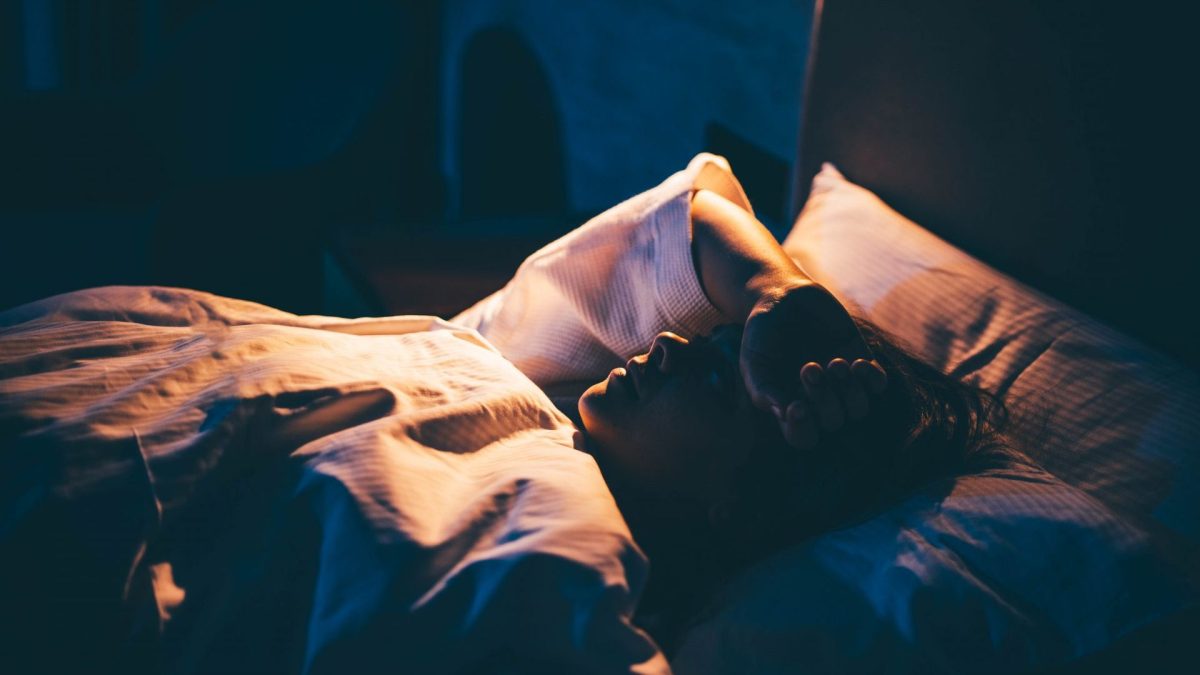Myoclonic jerks occur involuntarily and can vary in intensity. If you have ever suddenly woken up from unexpected jerky movements of your body, those were likely hypnagogic twitches. However, such movements don’t always lead to awakening. Here are the main reasons why the body might jerk while falling asleep:
- Anxiety and stress.
If you are troubled by anxious thoughts about unresolved tasks or personal, domestic or work-related issues, they can interfere with your ability to fall asleep. Continuous mental activity keeps the brain active even as you try to fall asleep, causing it to send anxious signals to various limbs at any sleep phase, resulting in myoclonic jerks.
- Excessive alcohol consumption.
Even very high-quality alcoholic beverages turn into toxic acetaldehyde if consumed in excess. The individual dose varies for each person, depending on factors such as gender, health condition, weight and so on. However, scientists emphasize that two glasses of wine are quite sufficient to disrupt sleep quality. Strong alcoholic drinks suppress the phases of REM sleep, which can lead to hypnagogic twitches.
- Very intense exercise before bedtime.
Adequate physical activity is essential for a strong and good night’s sleep. However, if you work out late in the evening, you may find it difficult to fall asleep quickly and your muscles might not fully relax even while you’re asleep. As a result, hypnagogic jerks may occur.
It’s important to note that the exact reason why limbs jerk during sleep is not yet fully understood. The above explanations are based on scientific assumptions.
Such unpleasant sensations at night can also reduce clarity of thinking and energy levels in the morning. To restore strength for daily activities and improve clarity of thinking, consider taking supplements like Armod and Artvigil. If jerky movements during sleep cause you discomfort and you want to alleviate them, you should follow these recommendations:
- avoid consuming caffeinated foods and drinks before bed;
- refrain from drinking alcohol and smoking nicotine-containing cigarettes before sleep;
- avoid doing heavy and very strenuous exercises in the evening; instead, you can engage in activities like yoga or pilates.
- practice breathing exercises before bedtime: inhale for a count of 10, hold your breath for a count of 5, then exhale for a count of 10. Repeating this exercise a few times can lower your breathing rate, heart rate and decrease brain activity.
If your condition does not improve and symptoms persist even after following these recommendations, consult a doctor. A qualified specialist can determine the cause of frequent involuntary movements and help you address them. Movements made to change body position may have a reflexive nature, but in some patients, this condition might have other causes. Diagnosing the pathology in such cases can be very challenging, so the doctor may recommend additional tests.








